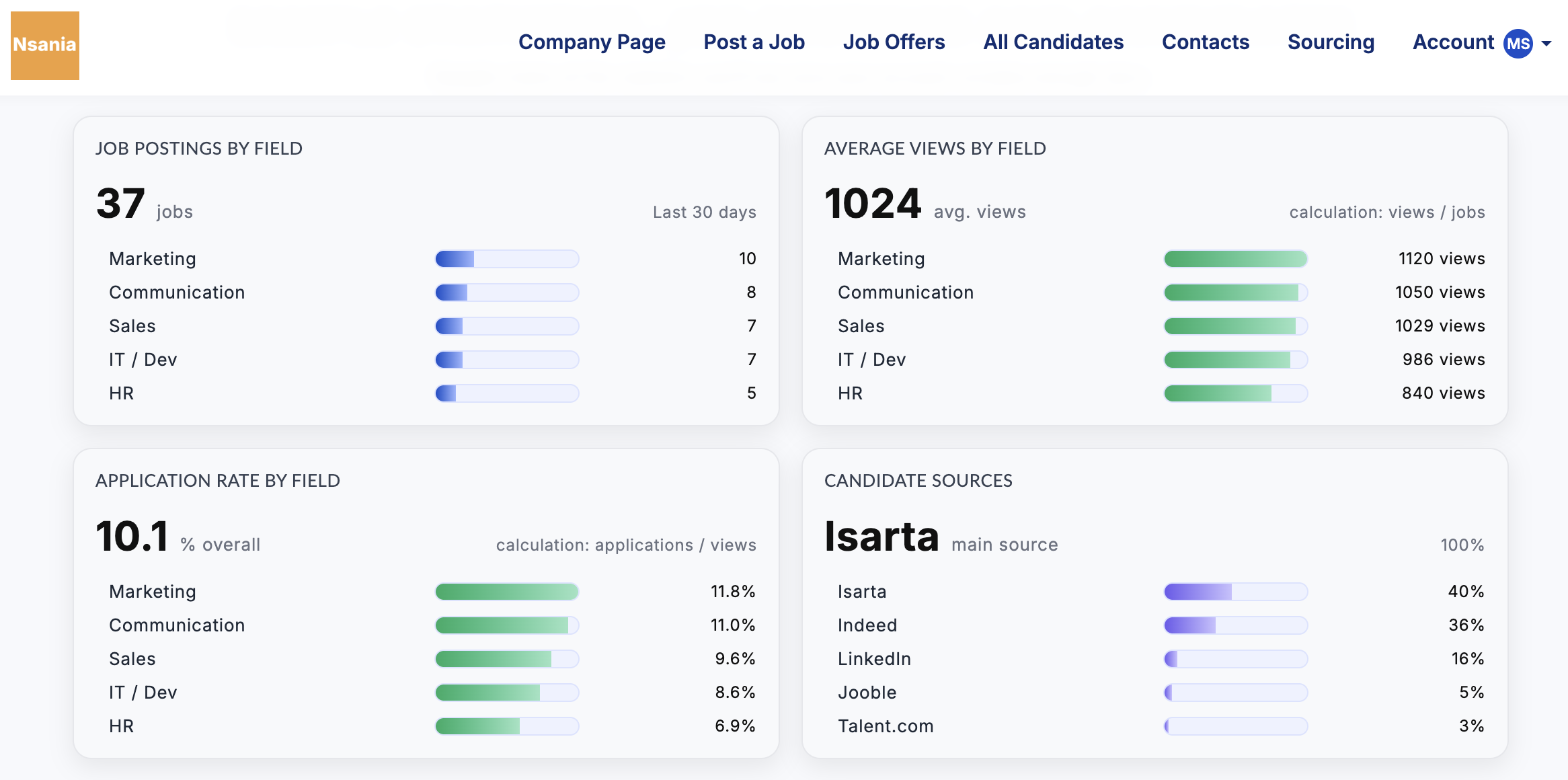A recent study by ADP Canada and Angus Reid reveals that many Canadian workers, especially those working remotely due to the pandemic, are paying a “COVID tax”, corresponding to the number of overtime hours worked since the beginning of the pandemic.
While this “tax” affects 30% of all Canadian workers surveyed, it has a greater impact on remote workers and has increased overall with the pandemic. Almost half (44%) of remote workers say they work more hours than before the pandemic. This figure has doubled in one year (21% in April 2020 vs 44% today).
How does the “COVID tax” affect workers across the country?
Of the 44% who report working more hours, one in 10 employees report working at least one extra day (8 hours and more) per week. In comparison, only 15% of respondents report working fewer hours, while 38% report no change.
Stress levels are also rising. According to self-reported figures, stress levels have increased by 7% over the past year, from 34% in April 2020 to 41% in April 2021 (33% in Quebec, the province least likely to report an increase in stress levels). In addition, the survey reveals that 46% of remote workers feel less involved in their work since the beginning of the pandemic.

By encouraging employees to take regular vacation days and breaks, monitor their stress levels and seek help when needed, as well as introducing policies for working outside regular hours or educating them on the right to disconnect, employers can protect the physical and mental health of their employees,” said Ed Yuen, Vice President, Strategy and Business Development at ADP Canada.
Feelings of productivity and quality of work on the rise
Despite longer working hours, 42% of remote workers across the country feel more productive (even 46% in Quebec) and more than a third (37%) note an increase in the quality of their work.
This represents a significant increase compared to April 2020, when 19% and 21% of remote employees reported respectively an increase in the quality of their work and their productivity, with the implementation of working from home.
The survey also shows a greater recognition of the employees’ personal responsibilities, as the boundaries between work and home have become blurred.
More than half (53%) of Canadian employees report that their employers allow them to have flexible schedules when dealing with personal responsibilities during work hours.
In light of a year of follow-up on how workplaces have evolved and responded to the pandemic, it appears that many companies have adopted flexible work hours or hybrid work models, Yuen adds. Although several of these policies represented an advantage only a few months ago, they are now commonplace. For some, this flexibility seems to have improved their productivity and quality of work. The pandemic brought the workplace into Canadians’ homes, but it also brought a bit of home into the workplace.”
Other highlights of the survey
• 80% of Canadian workers believe that their employers should play a role in distributing vaccines to their employees: the first preference indicated is a paid day off, followed by on-site vaccination clinics and finally, more information and resources.
• 46% of Canadian employees report that their employers have taken initiatives to support mental health and well-being in the workplace during COVID-19. Conversely, 69% say their employers have not implemented any initiatives to help combat the fatigue caused by video conferencing platforms.
Survey methodology
An online survey of 1,501 Canadian workers (including those working full time and part time) was conducted between April 14 and 15, 2021, among members of the Angus Reid Forum. For comparison purposes, a probabilistic sample of this size has an estimated margin of error of more or less 2.5 percentage points, 19 times out of 20.




